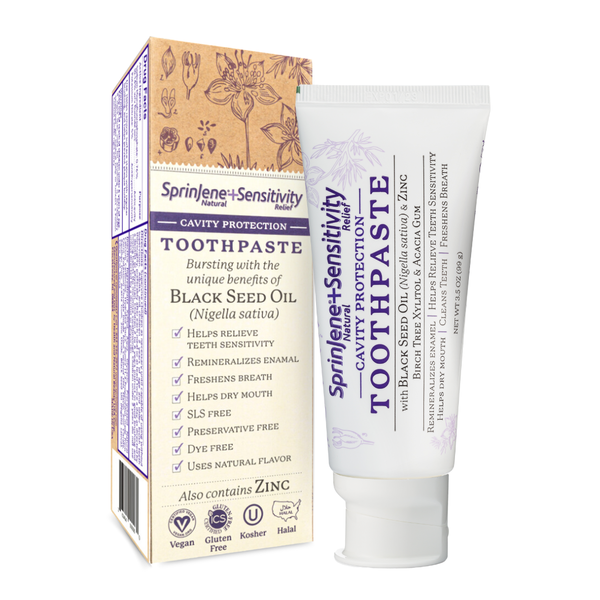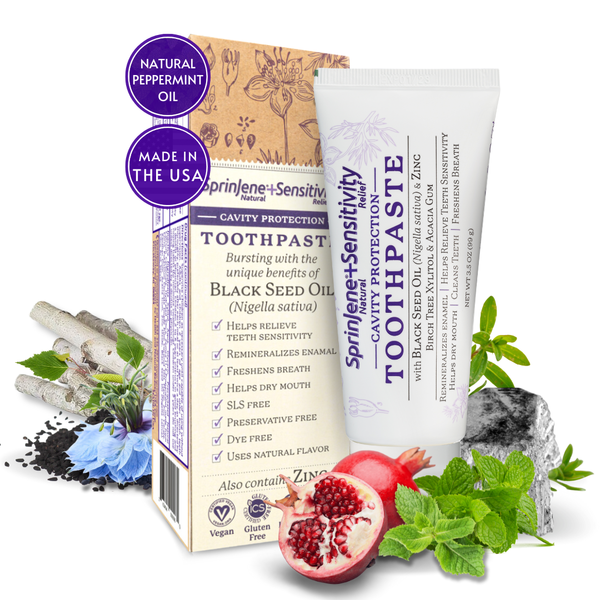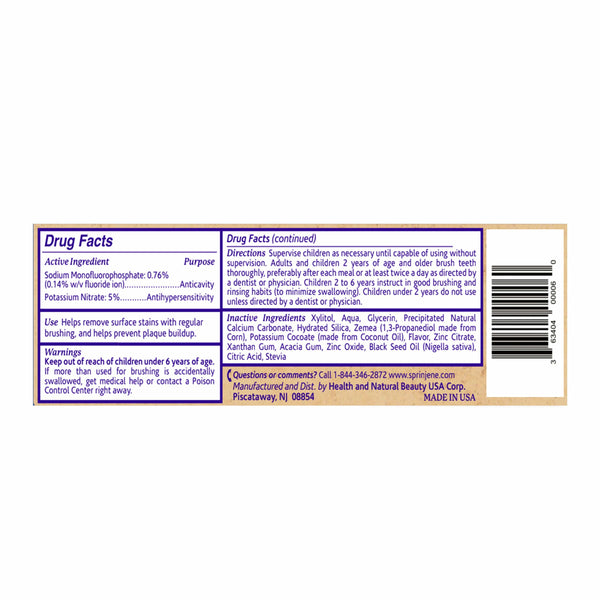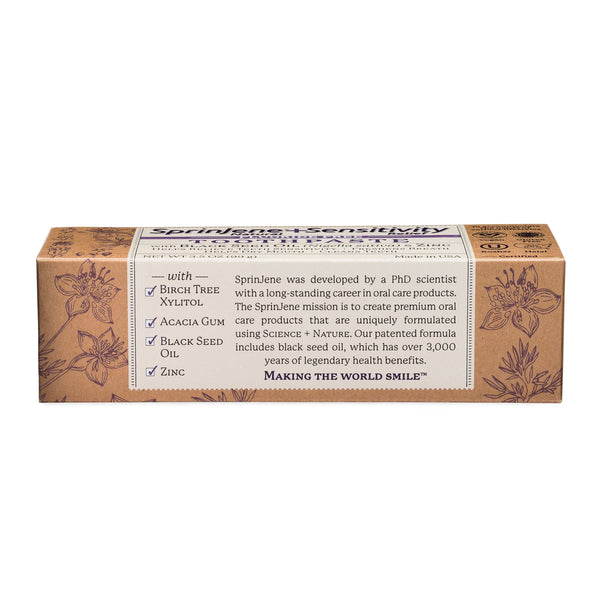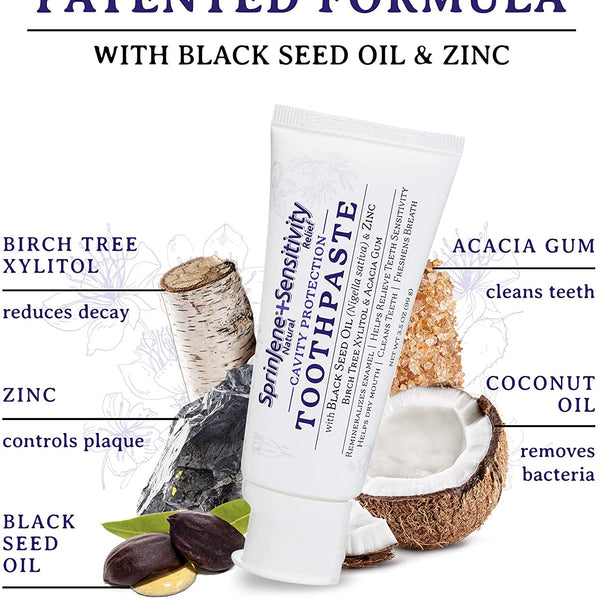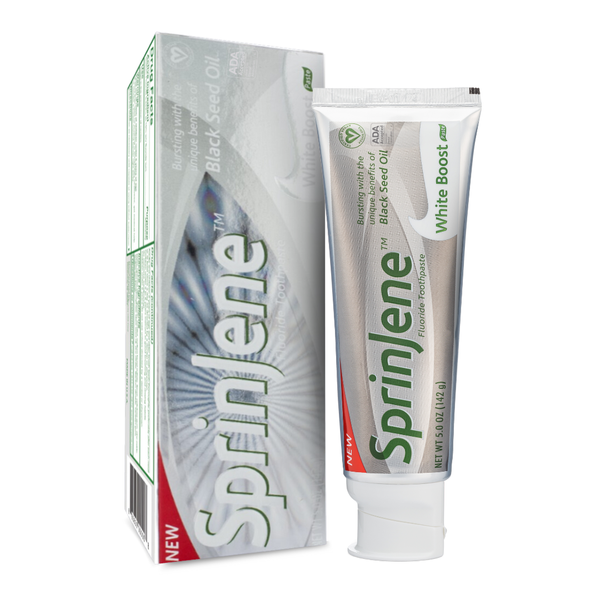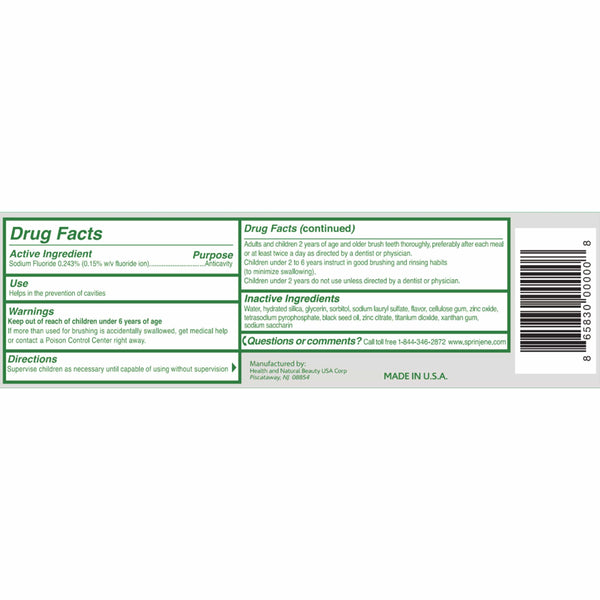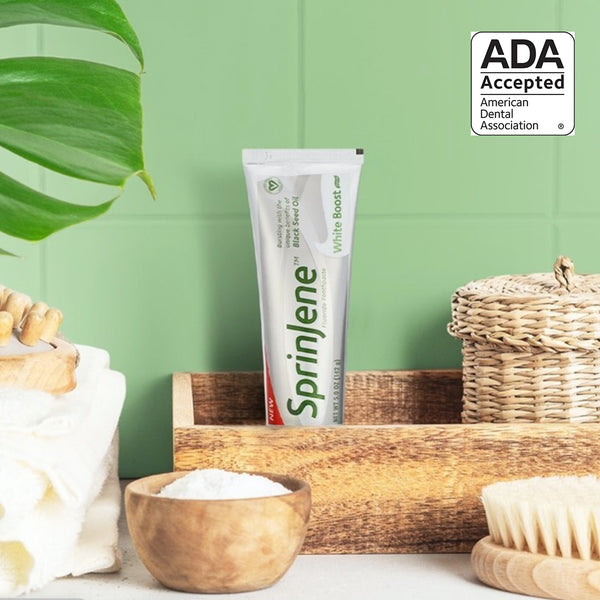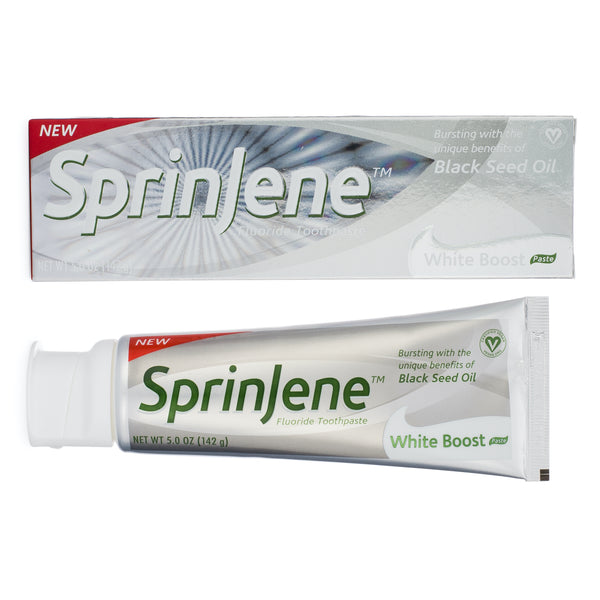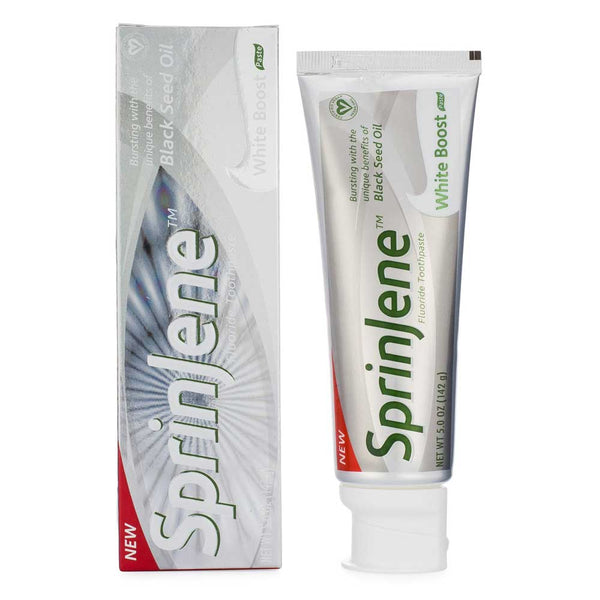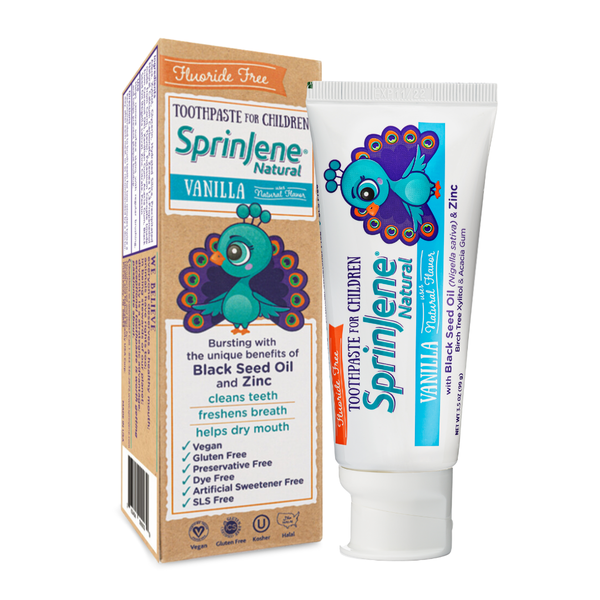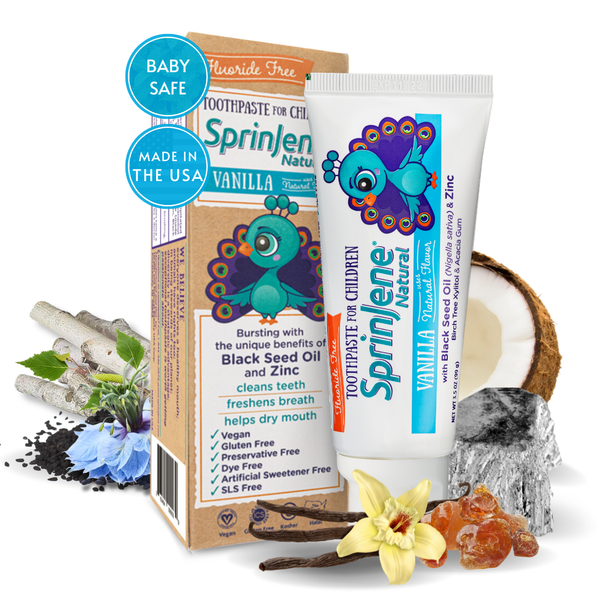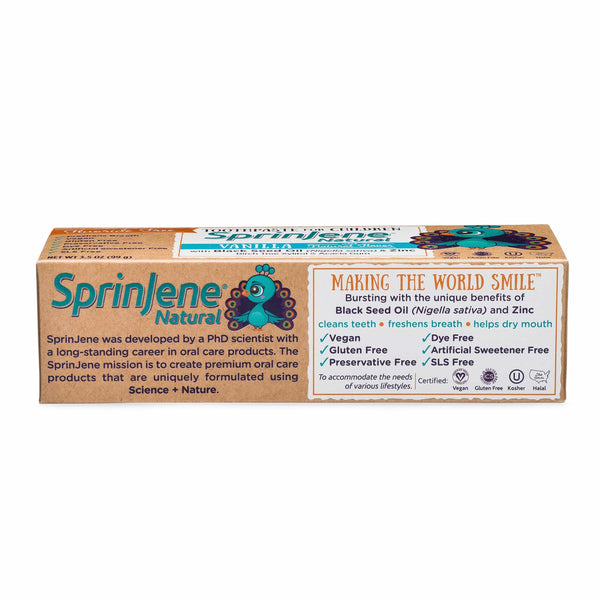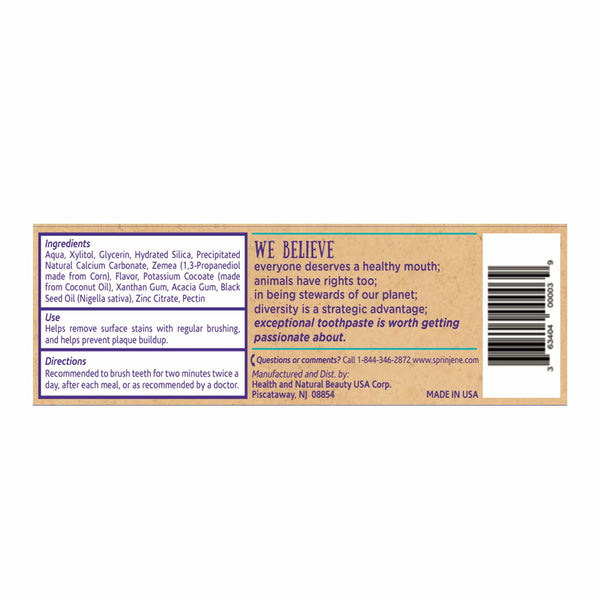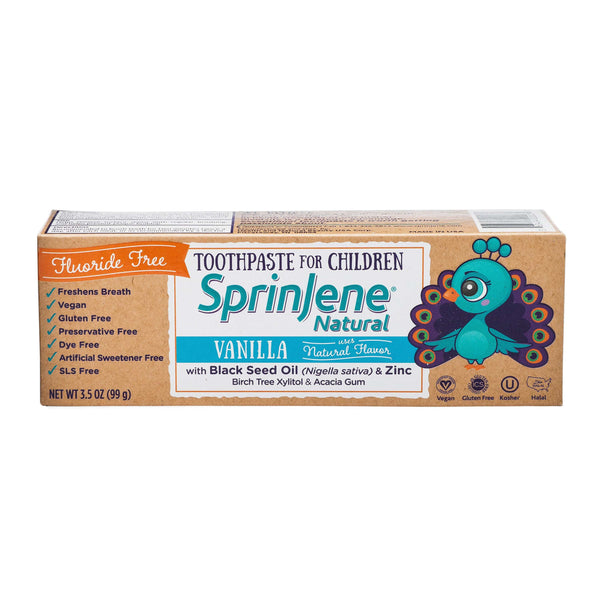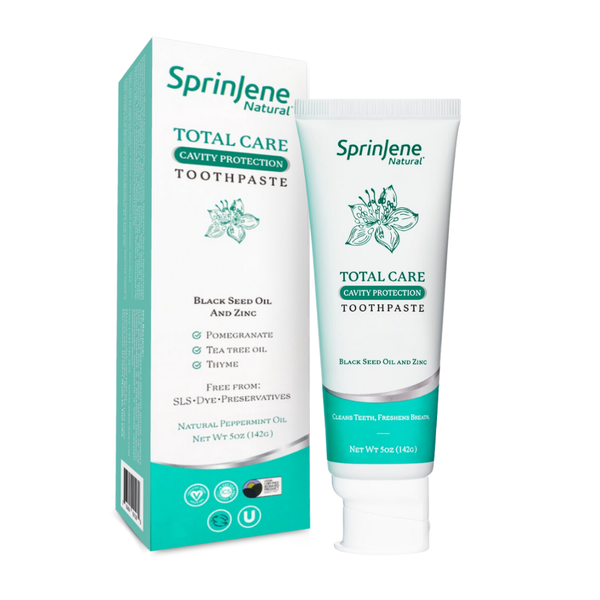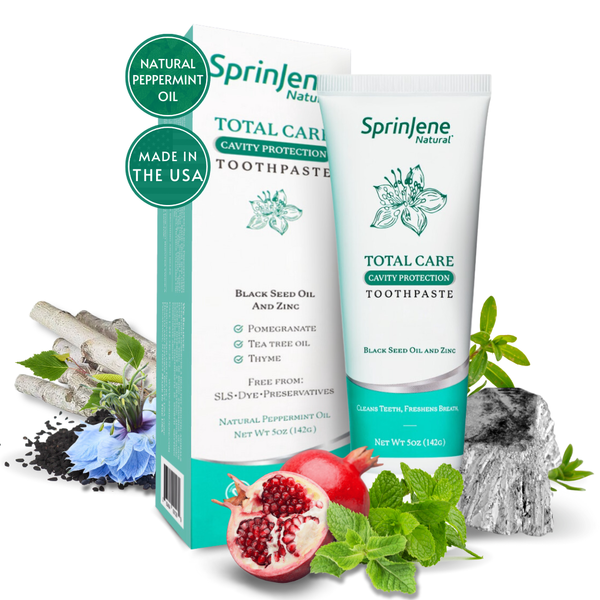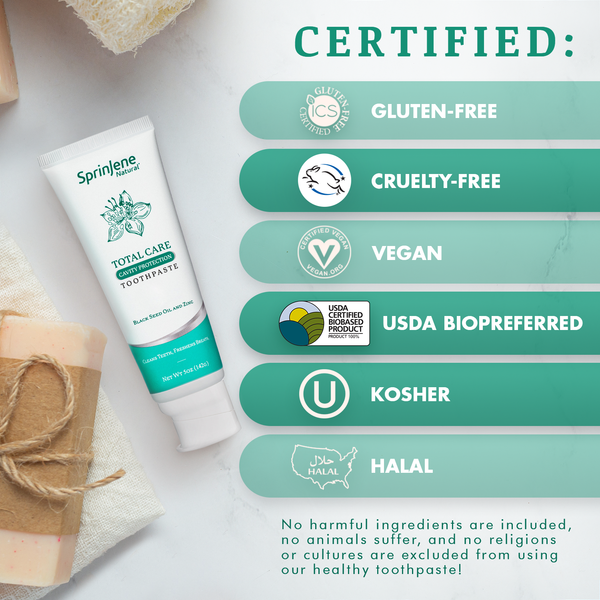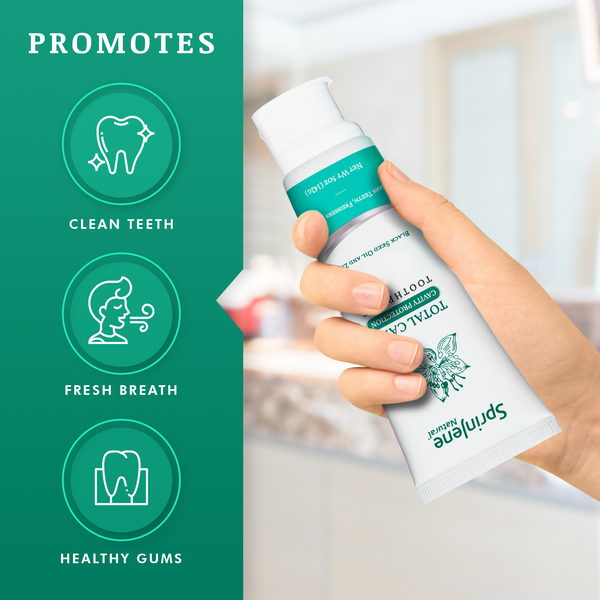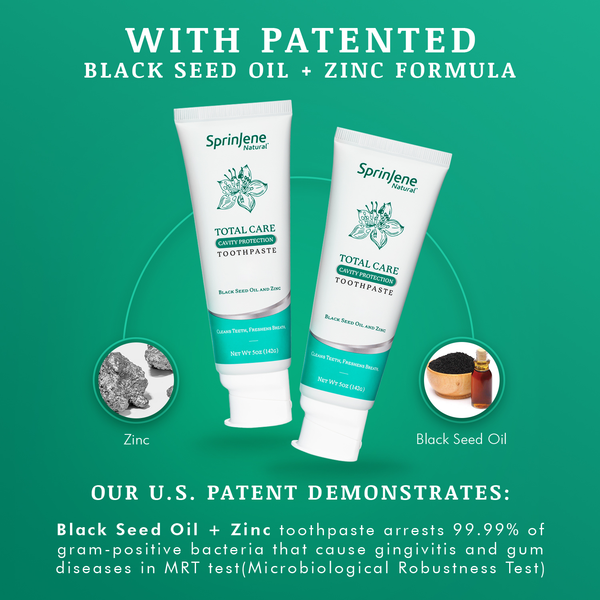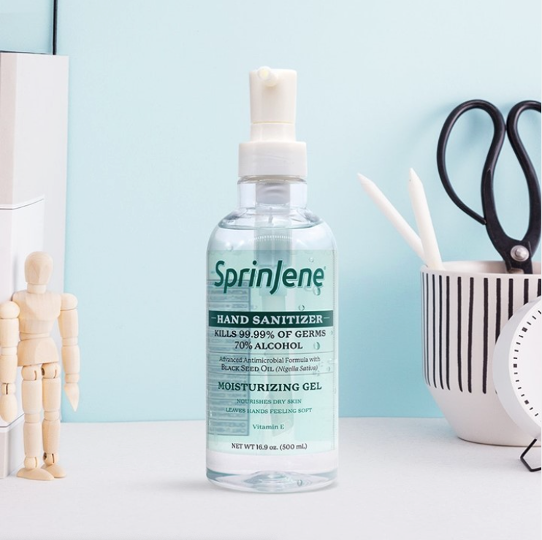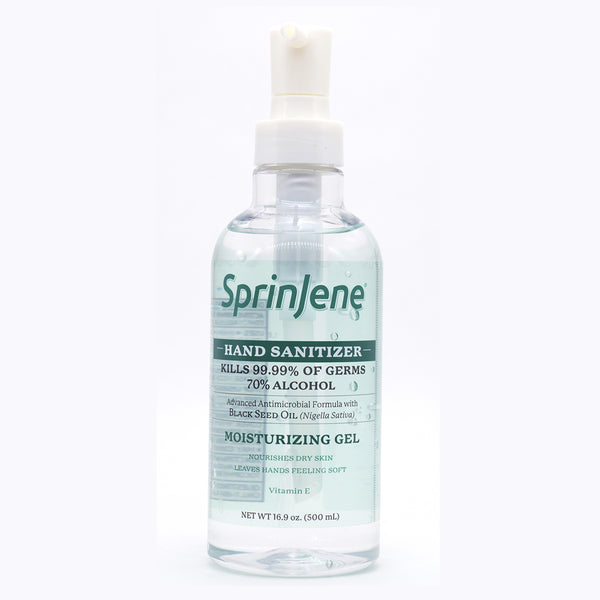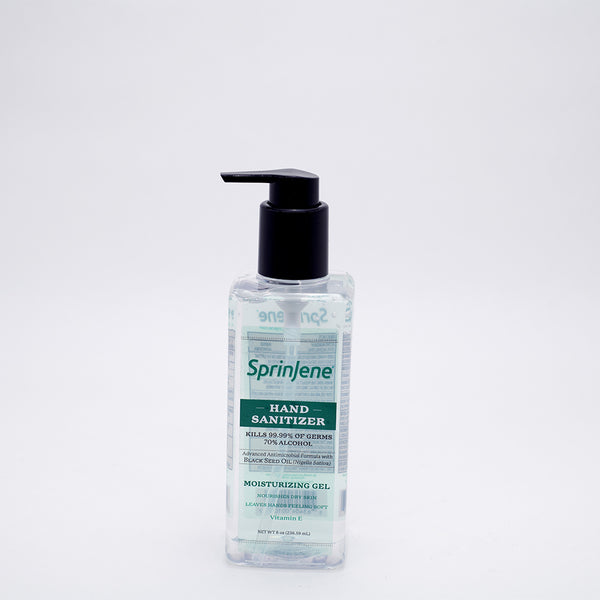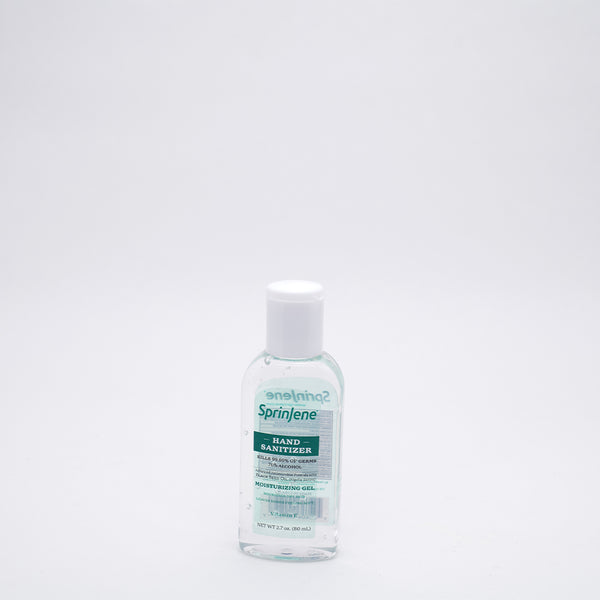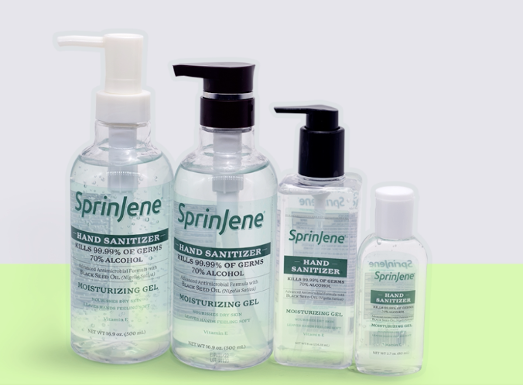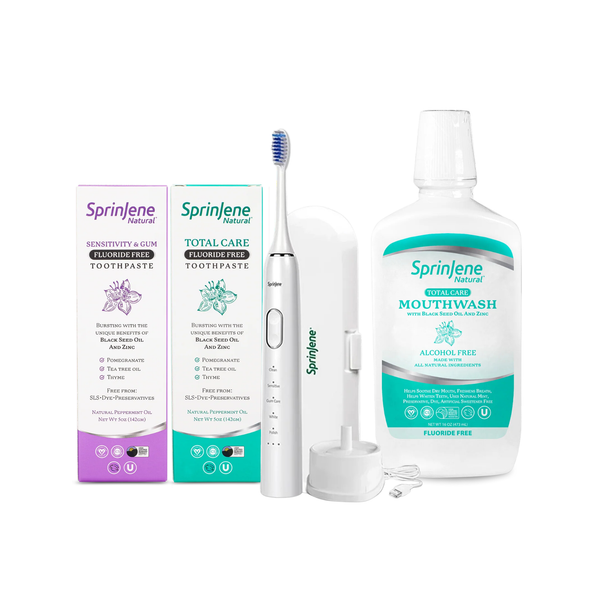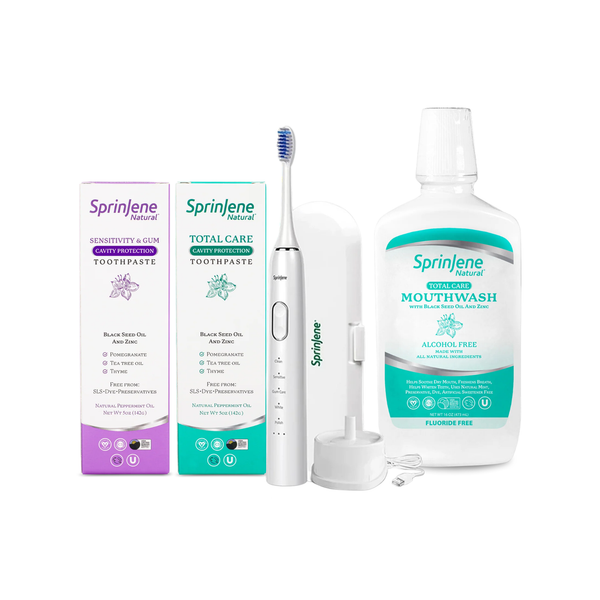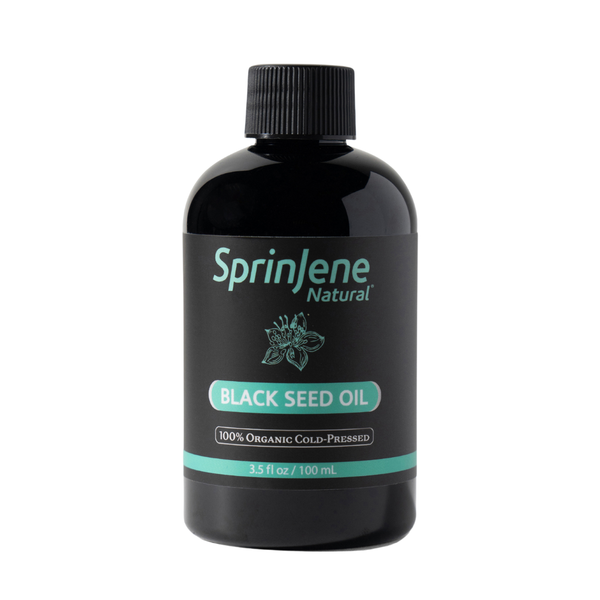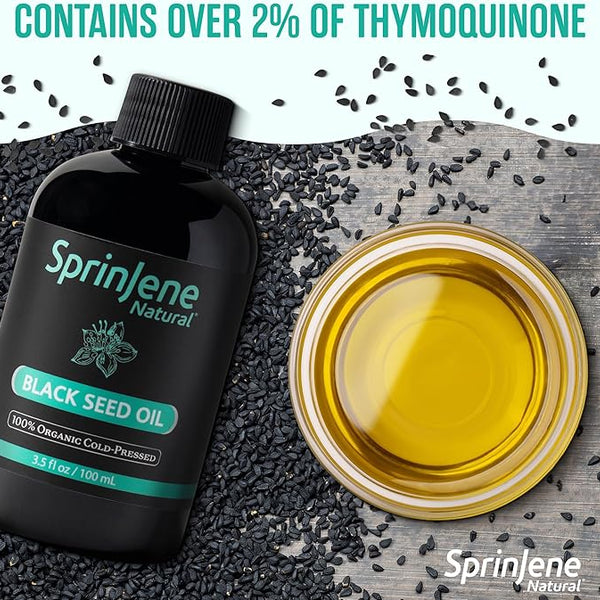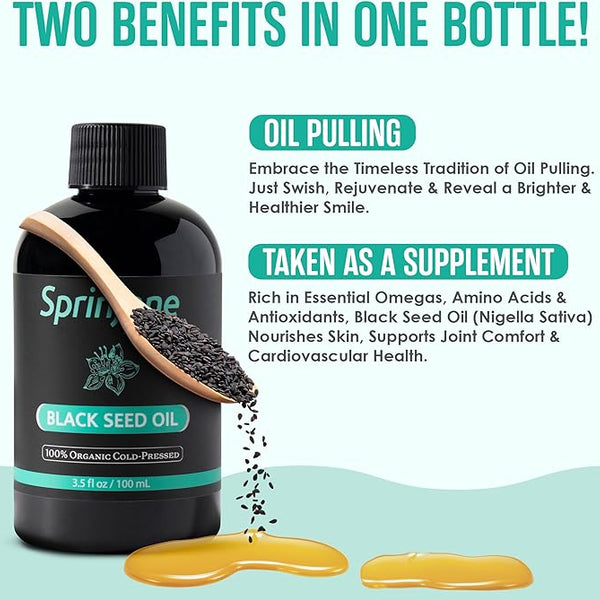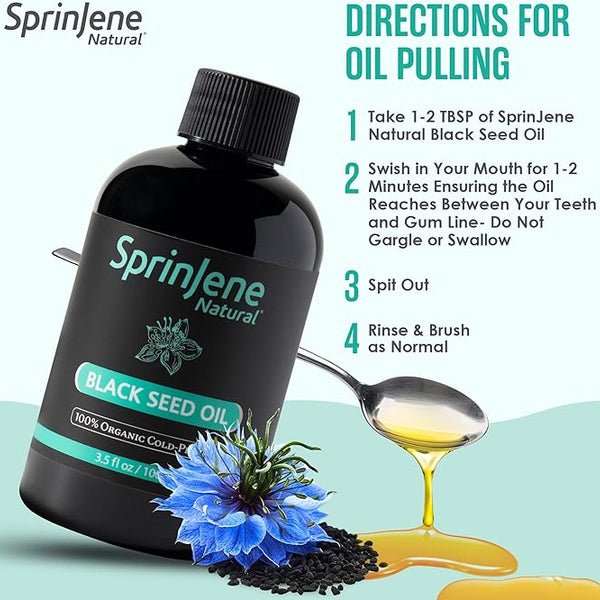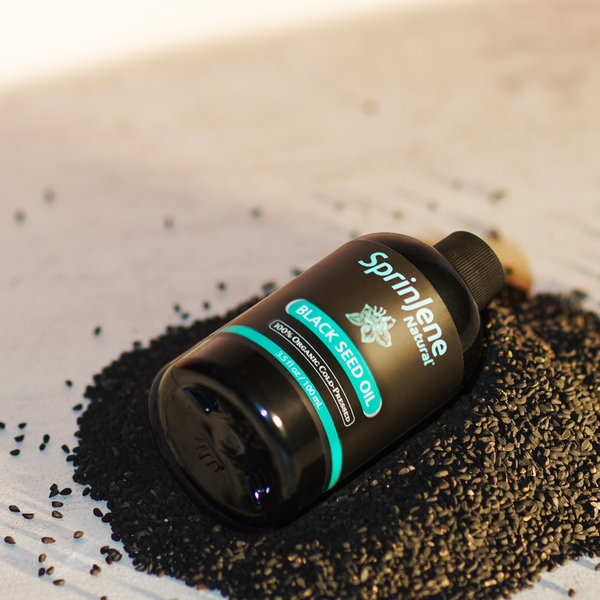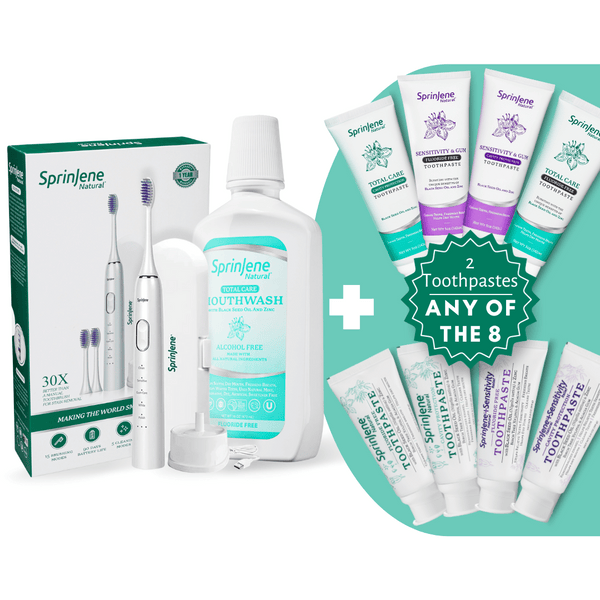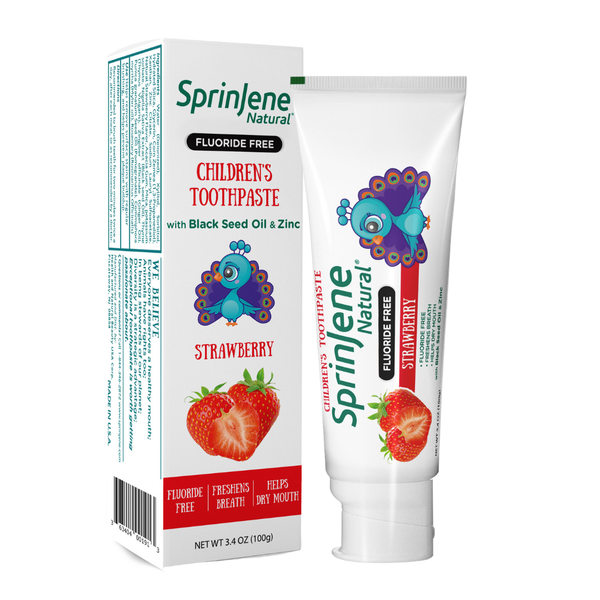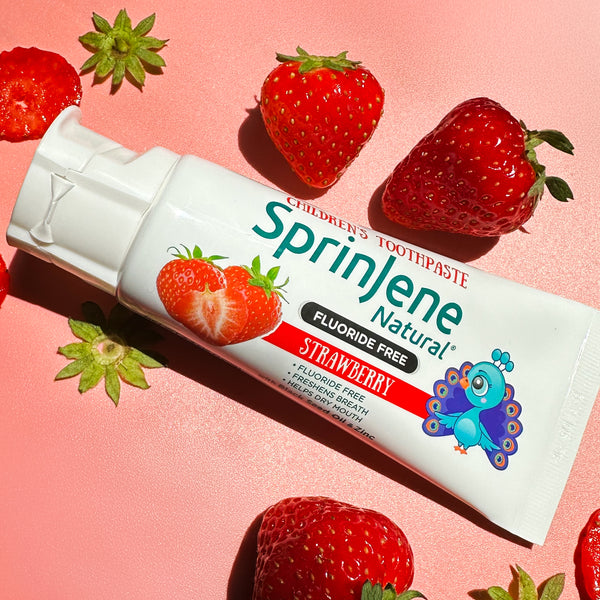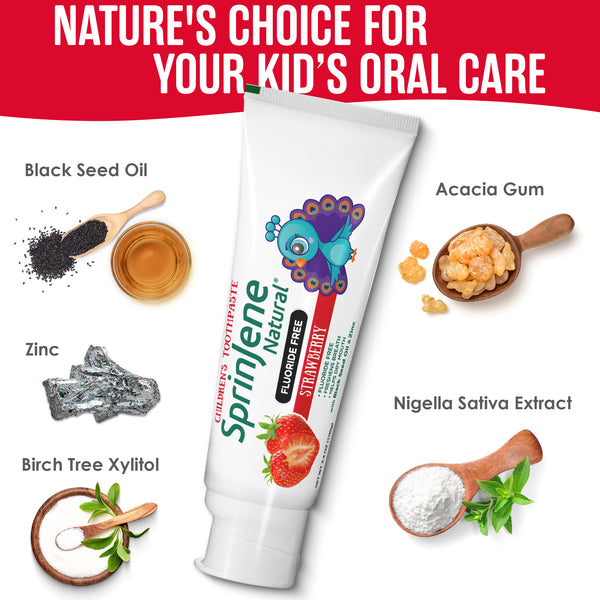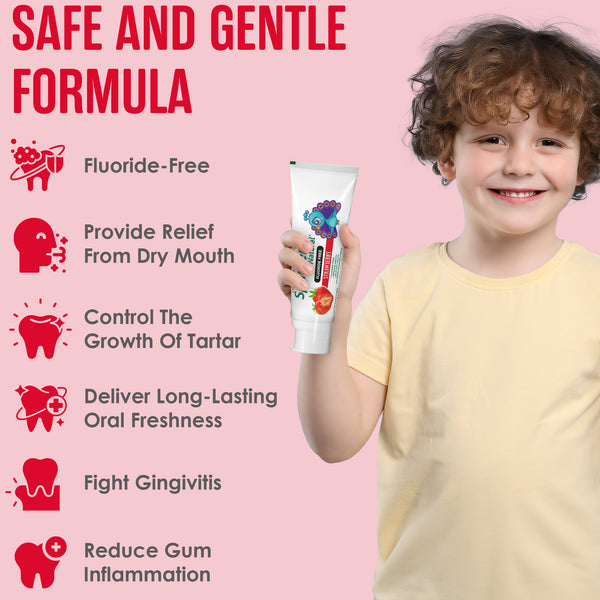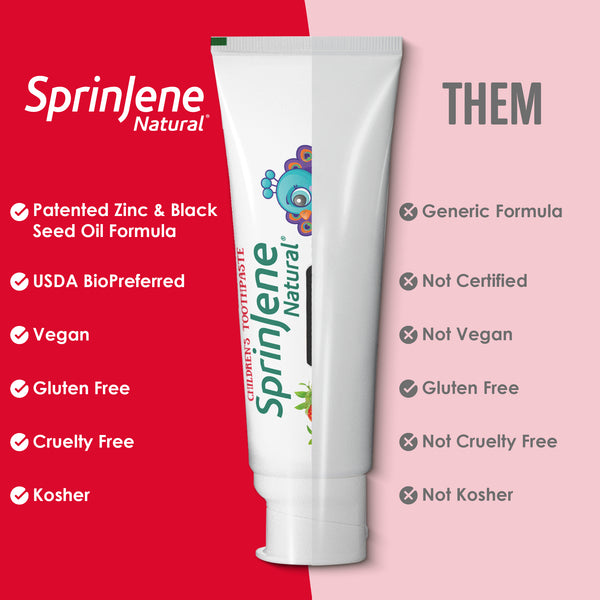
They say you are what you eat. If that is true, then every time you eat and drink starchy or sugary foods, you're not only feeding yourself but also the bacteria that can cause tooth decay and gum disease in your mouth. Plaque is a thin, invisible, sticky film which contains bacteria and other materials. It covers all the surfaces of all your teeth if teeth are not regularly brushed. When sugars or starches in your mouth come in contact with plaque, acid is formed. It is this acid which attacks your teeth and if not removed for longer than 20 minutes it can cause teeth to erode. Repeated attacks can cause the hard enamel to wear away causing tooth decay. The bacteria in plaque also triggers an inflammatory response causing the breakdown of the gums, bone, and other supporting structures of your teeth.
Some foods invite tooth decay. Other foods help fight plaque buildup. Here are some foods that we should seek out and those that we should try to stay away from.
The good stuff:
- Fiber-rich fruits and vegetables. Foods rich in fiber help keep your teeth and gums clean, says the American Dental Association (ADA). They also get saliva flowing. After good home dental care, fiber is your best natural defense against cavities and gum disease. About 20 minutes after you eat something that has sugars or starches, your saliva begins to reduce the effects of the acids and enzymes attacking your teeth. Saliva contains traces of calcium and phosphate. So it also restores minerals to areas of teeth that have lost them from the bacterial acids. Therefore foods that promote salivation are recommended.
- Cheese, milk, plain yogurt, and other dairy products. Cheese is another saliva maker. The calcium in cheese, and the calcium and phosphates in milk and other dairy products, help restore minerals that your teeth might have lost due to other foods. They also help rebuild tooth enamel.
- Green and black teas. Both types contain polyphenols that interact with plaque bacteria. These substances have the potential to either kill or hold back bacteria. This prevents bacteria from growing or producing acid that attacks teeth.
- Sugar free chewing gum. This is another great saliva maker that removes food particles from your mouth. Examples include xylitol gum.
- Foods with fluoride. Fluoridated drinking water, or anything you make with fluoridated water, helps your teeth. This includes powdered juices (as long as they aren’t sugary) and dehydrated soups. Commercially prepared foods, such as poultry products, seafood, and powdered cereals, also contain fluoride.
The bad stuff:
Stay away from these:
- Sticky candies and sweets. If you can’t resist sweets, go for those that clear out of your mouth quickly. So, say no to lollipops, caramels, and cough drops that have refined sugar. But the ADA states that chocolate washes off of the teeth faster than other candies. Some studies have shown chocolate is not as bad as other sugary treats hence it is lesser of the two evils.
- Starchy foods tend to get stuck in your mouth. Soft breads and potato chips, caramel popcorn can get trapped between your teeth therefore it is advised to brush or rinse right after consuming,
- Carbonated soft drinks. These drinks are the leading source of added sugar among all harmful substances. They are loaded with sugar. Most soft drinks have phosphoric and citric acids that further contributes to wearing away of the enamel. Carbonated soft drinks are your teeth’s worst enemy!
- Substances that dry out your mouth. These include alcohol and certain medications. If medicines are the cause, then your dental health care provider can recommend a fluoride rinse, or a fluoride gel to brush your teeth with.
Eat for a healthy mouth
The ADA offers some tips to help reduce tooth-decay risk from the foods you eat if you cannot absolutely avoid them:
- Eat sugary foods along with meals. During meals your mouth produces more saliva, this helps to neutralize the effect of acid and helps to flush out pieces of food from the mouth.
- Limit between-meal snacks. If you crave a snack, choose something nutritious like carrot sticks or something that is not loaded with processed sugar. Consider chewing sugar free gum afterward to increase saliva flow and wash out food and acid.
- Drink more water. Fluoridated water can help prevent tooth decay. If you choose bottled water, check the label for the fluoride content.
- Brush your teeth twice a day with a good quality tooth paste.
- Floss once a day.
Along with maintaining a healthy diet it is important to use mechanical methods to clean your teeth such as brushing and flossing. Invest in a good quality natural tooth paste to achieve maximum benefits and excellent oral hygiene. This will ensure that your pearly whites last you an entire lifetime!
SprinJene Natural Toothpaste
Ingredients and their benefits:
- Black cumin seed (Nigella sativa): The chemical compound thymoquinone isolated from N. sativa seed oil blocks pancreatic cancer cell growth in vitro and kills the cells by enhancing the process of programmed cell death (apoptosis) acting as an HDAC inhibitor.
- Coconut oil: Helps lubricate oral surfaces to bring comfort to dry mouth sufferers and may help to prevent tooth decay after some enzyme digestion
- Zinc: Helps control the growth of bacteria, plaque and tartar thereby promoting healthy gums. ADA Approved
- Glycerin: Glycerin is a non-carcinogenic and a Non-GMO humectant that helps protect our formulas against bacteria growth and keep the product moist.
- Silica: Natural abrasives to assist stain removal
- Xylitol and Stevia: They are both safe and natural non-cariogenic sweeteners. Stevia may help control blood sugar and Insulin levels. It may also help in lowering blood pressure. Xylitol helps promote saliva production and prevents tooth decay. It is also ADA approved.
- Acacia gum: A natural organic binder.
All of these properties along with being chemical free and having no side effects makes SprinJene toothpaste an ideal choice for you and your family.
Together, these ingredients may help to:
• Provide relief from dry mouth
• Help to control the growth of tartar
• Deliver long-lasting oral freshness
• Fight gingivitis (gum disease)
• Reduce gum inflammation




